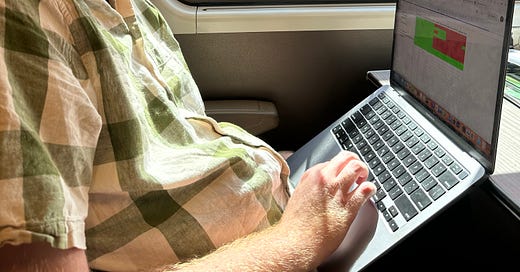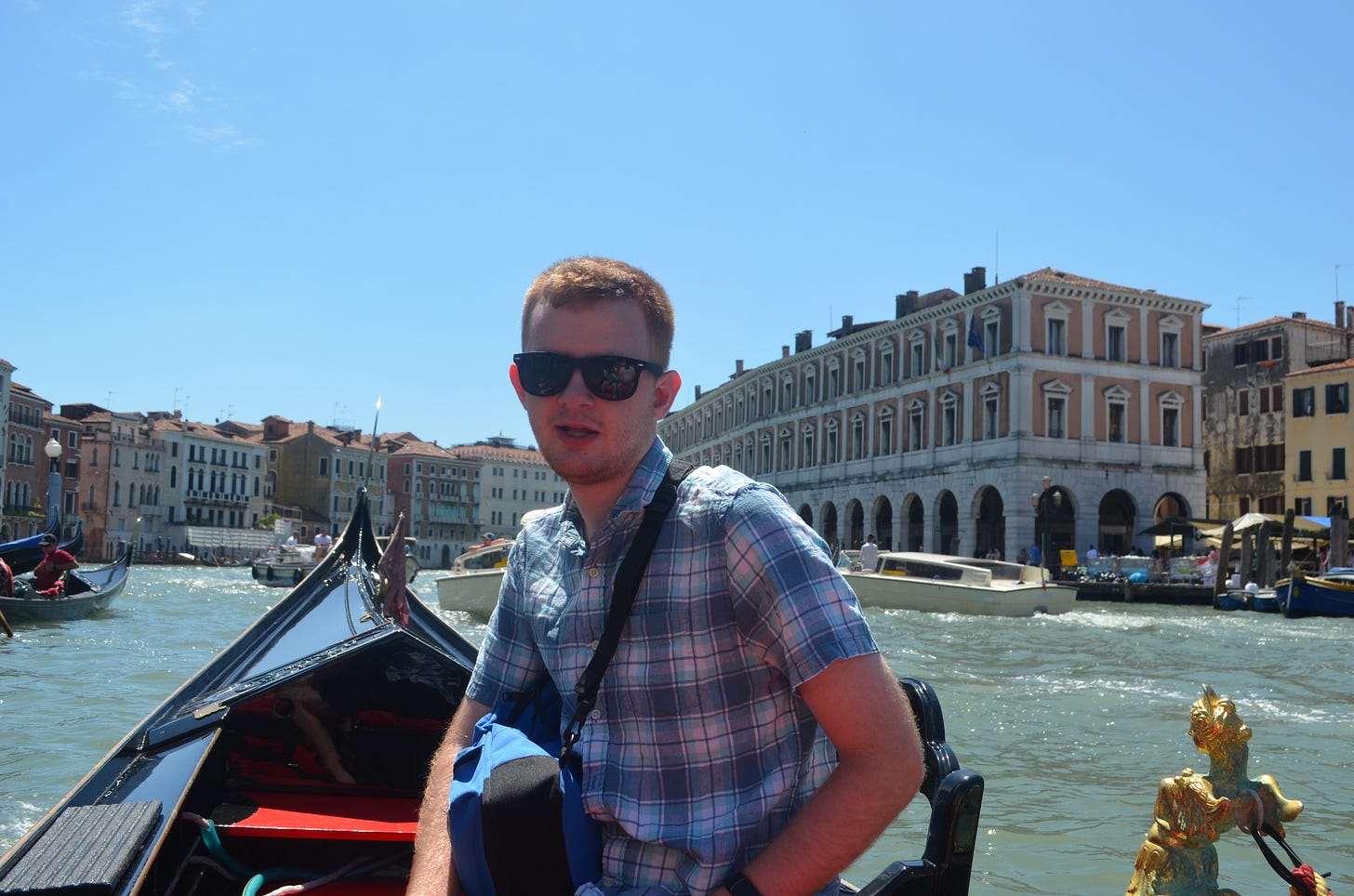Parents Must Own the Disability Label
Parenting Kids With Disabilities into Adulthood Doesn't End. Sorry.
Every week I get a phone call from a random parent, who hears about me through the grapevine. All these parents have similar problems. They have a very smart teen or young adult, who did great in school — they always have to say that — but they are not able to take that Great Leap to adulthood.
Some young people can’t finish college. Others finish college, but can’t navigate the job process. Their parents are in despair, because these young people have no friends, no social life, no plans, and instead just play video games in their bedroom. Those parents compare themselves to other parents, whose kids have all moved on, and they are annoyed. The parents ask me for help, but really they just want a magic wand. I cannot do magic.
Many parents of students with high functioning autism, particularly those in my cohort, have shied away from the disability label. For them disability is something shameful, something only for those “other kids.” But getting As in Calculus does not guarantee success in figuring out dorm hall norms, answering questions on an interview, or keeping track of a weekly schedule. So, these young people with autism stumble, and the parents don’t have a Plan B in place.
Sometimes, I get a little annoyed at these parents who call me up. They didn’t do the work that I did, and are looking for quick answers. They did not prepare themselves or their kids for the difficult adjustment to adulthood. They didn't read books or go to seminars. They didn’t hire a lawyer to set up a special needs trust. They didn’t get their kids in the disability system. Some put all their energy into their higher achieving kids, because they didn’t want to be in the depressing disability world.
Sure, preparing your child for adulthood is horrible, time-consuming, boring work, but you have to do it. Suck it up, buttercup, and do your homework. (It’s tough love time.)
Often, families of these higher functioning kids let them graduate from high school, so they no longer have the resources from the public schools. Now, parents have to forge a way through the state bureaucracy and private services (ugh) to get the right supports.
Parents have to change their mindsets and learn to own the “disability” term and the specific names of the disabilities. They have to say — and say proudly: My son has autism. Or My daughter has dyslexia and ADHD.
Schools are teaching kids to own their disabilities today. Ian is in a therapy class right now, where he’s being taught how to understand his autism and how to tell others about it, so normies will understand his weaknesses and appreciate his strengths. People will cut him slack, if he says that he can’t do X or Y because he has autism. Parents have to be just as open about disabilities as the young people.
Being transparent about disabilities opens doors for the families, too. It means access to various supports from job coaches to Uber vouchers.
Sadly, parenting isn’t finished after high school. Unlike parents of typical kids, your kids cannot launch without your help. So you will have to keep finding new therapists and programs. It’s going to mean a lot of bureaucracy. You need to have access to other parents, who will share info with you.
Ian is enrolled in a full day, special program that supports him on a college campus and provides job training. In the evenings, he always has one activity — counseling, social skills groups, reading tutor, and an online video game programming class. We take him places on weekends. We talk to him. We all eat dinner together every night. He is learning and being challenged 24/7.
And it all pays off.
My kid will eventually catch up to everyone else. He’ll have a job, a girlfriend, and independence. But he just needs more time that other people to get to that goal. He has never stopped improving, never hit that brick wall, so I’m pretty confident that he’ll get to a good place, as long as we continue with all his therapy and support. He might be 30 before he’s really ready to Leap but that’s okay with us.
Parents need to be prepared for the ongoing parenting of their young people. They have to embrace the terminology, grab the supports, forge an identity, and continue to fight. Because your child still needs your help.
LINKS and Quick Thoughts
We took Ian to Italy with us for 12 days. Yes, we had to make a few modifications on the trip to suit his needs, but they were minor. We couldn’t eat in restaurants with strong fishy smells. We couldn’t spend more than three hours in museums per day. And we had to give him breaks if we walked more than 20K steps. But that’s about it. Great trip. And his conversational skills grew exponentially. Traveling is the best anti-autism drug around. Tons of pictures here and here.
I wrote about Affirmative Action on the main newsletter.
Looks like the Chronicle of Higher Ed has finally started talking about disability programs. Here’s the video at the Chronicle, and commentary from John Wills Lloyd here:







I have a long way to go as my son is only 5, but you always give me so much to think about for the future and what to strive for to give him the best. Thanks for all you share, it’s wonderfully helpful and generous.
Oh, Italy! Envy is mine. I'm glad y'all got to make the trip. Widening kids' horizons-experiences is sooo valuable.
Thanks for the notes about accepting disability. This is an important idea. There should be no shame in having a disability. Having a disability doesn’t decrease one’s worth as a human.
In a feature story about Carl Erskine, the stellar former pitcher for the Brooklyn Dodgers, there was a focus on Mr. Erskine and his wife raising a son who was born with Down syndrome 60-some years ago. The Erskines (all three of them as well as others in the family) all continue to connect with each other. See https://www.nytimes.com/2023/07/17/sports/baseball/carl-erskine-buck-oneil-award.html
And, thanks for the shoutout.